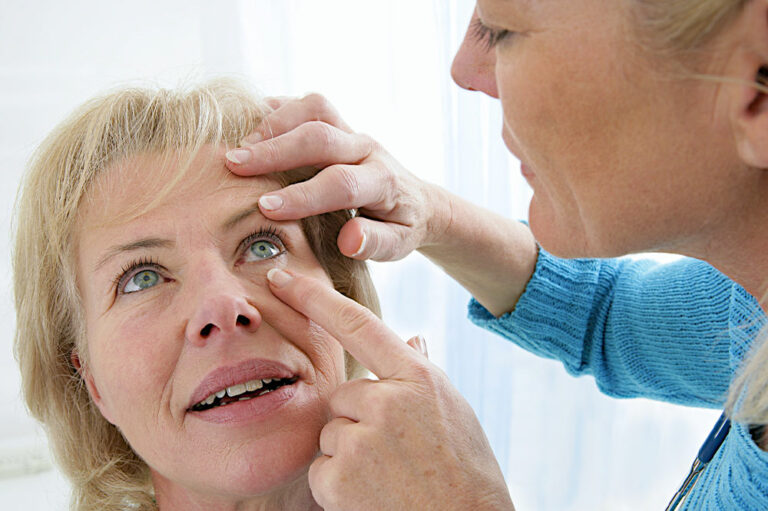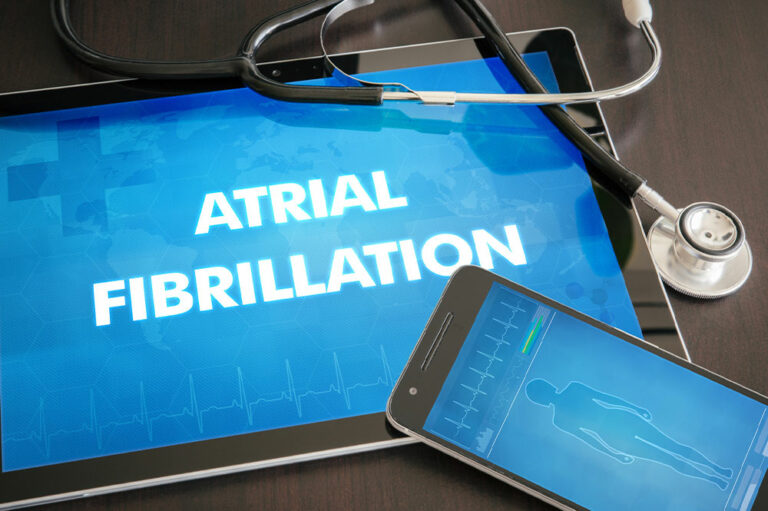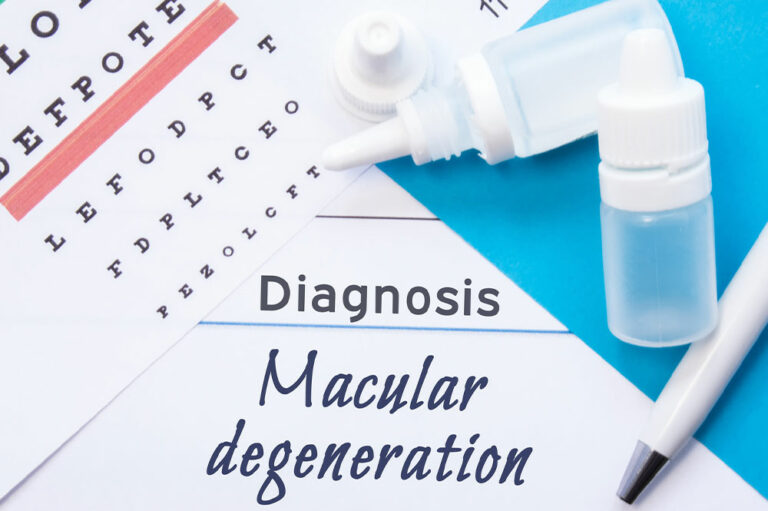
Key Things to Know Before Getting Dental Implants
Dental implants are becoming increasingly popular among those looking to replace missing teeth. These implants are strong and durable and look just like natural teeth. Moreover, the procedure is simple. If you, too, are considering dental implants, it is essential to know all the facts before making an appointment with the dentist. This article discusses a few essential things you need to know about implants, from their types to the benefits they offer. What are dental implants? These are artificial teeth recommended for those with missing or damaged original teeth. The implants are affixed by dentists using a few tools. The look-alikes are made using biocompatible materials, such as titanium or zirconia, which blend with the bone over time. Dental implants are a long-term solution for replacing teeth. They are often considered the best option for people who cannot restore their teeth function using traditional methods, such as dentures or bridges. However, implants may need to be replaced if they wear down or are moved out of position due to chewing or dental issues. What are the steps involved in affixing dental implants? When considering dental implants, it is essential to understand the steps involved in the process. Dental surgery is complex and delicate and requires careful planning and execution.
Read More 










